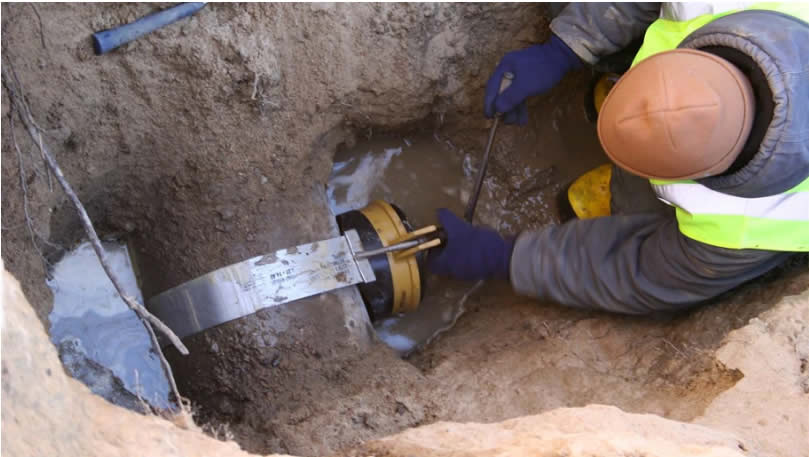Sewer lines are key things you should consider while moving into your new home. This is so since sewer lines are used often on a daily basis. Sewer lines blockages would be one of the most frustrating things in your home. They would then necessitate for inspection of the sewer lines which would ensure they are at their right standards. Frequent inspections should be done even at your own home by a professional to ensure they are at the best. Through proper inspection, you may budget for repairs to be done.
Trenchless technology is a construction which requires use of fewer trenches in which there is use of different methods in repair and installation of new underground infrastructure. The methods used in trenchless technology include; pipe jacking, moling, micro-tunneling, tunneling, horizontal directional and augur bore. The traditional sewer repair will, alternatively, require extensive digging and excavation to get to the faulty or cracked pipes in the underground.
Other major differences between trenchless sewer repairs and traditional sewer repairs include:
- Contaminated wastes are introduced by use of the traditional sewer repair due to the digging was done in the use do this method. The debris in the ground is brought to the landfills which are not so with the use of the trenchless sewer repair method.
- Excavation and much digging done through use of traditional method leads to the destruction of much property. This is so as some property must be destroyed for trenches to be dug underground through the pathway of the trench. This will lead to more expenses which may render it expensive compared to use of the trenchless sewer repair method.
- Traditional sewer repair will disrupt business activities in cases where plumbing is done in commercial areas. This is so since the plumbing system would be under floors or under structures which would be removed first for the repair to take place. Trenchless sewer will in contrast not disrupt any activity as it does not entail any forms of excavation.
- Use of traditional sewer method is time consuming hence making it so unpleasant for use. Digging of trenches and then filling them up again after repair will consume much of unnecessary time. On the other hand, trenchless sewer repair works on any breakage at the specific without digging of the trench.
- Trenchless sewer repair is environmentally friendly as it doesn’t interfere with any natural habitat. This is as compared to the traditional sewer repair which will destroy the natural habitats like through cutting down of trees and plants removal. In addition, traditional sewer repair will add debris, dirt, and silt at the places where the trench.
- Trenchless sewer repair is a cost-effective method compared to the traditional repair method. This method will save much of your energy, time and efforts on the repair. Alternatively, the traditional method from its complexity makes it’s too expensive and ineffective to use.
- Different materials are used in repairing of leaks and bursts in these methods. This makes the durability in both methods to vary. Trenchless sewer repair usually uses long-lasting materials compared to the traditional sewer repair. This, therefore, makes it more preferable compared to the traditional sewer repair.
Trenchless sewer repair is seen to be more advantageous than the traditional sewer repair. This is from its improved techniques in repairing your leaks and breakages in the plumbing systems. Due to being used to the traditional sewer repair method, most people have remained in its usage despite the limitations which accompany it. Trenchless sewer repair is more advantageous; taking less time, cost-effective and durable enough hence the need to implement it in repair for the sewers. In repair, ensure that you get a qualified plumber used in use of trenchless sewer repair method.
The post Difference between Trenchless Sewer Repairs Versus Traditional Sewer Repair appeared first on Apex Plumbing and Drain.

No comments:
Post a Comment